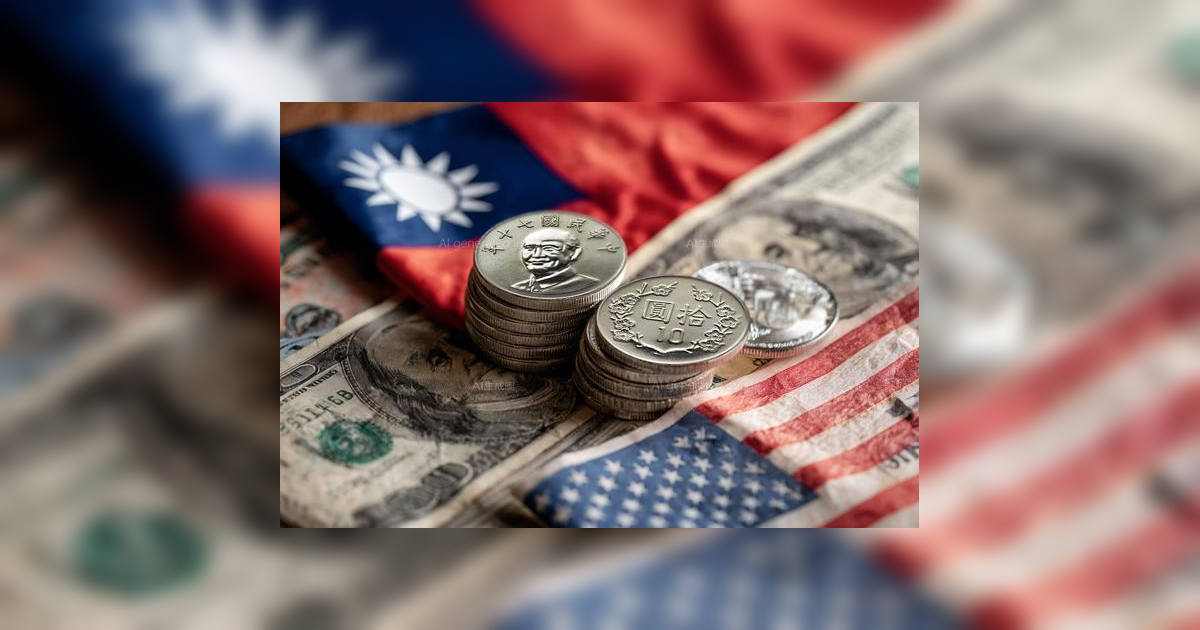Published: August 10, 2025
Taiwan’s exports to the United States are now subject to a 20% reciprocal tariff imposed by Washington, with no trade agreement in sight. The New York Times reported that the situation is creating both economic and political challenges for President Lai Ching-te.
The tariff, in effect since August 7, adds to mounting pressure on Taipei as it navigates tense trade relations. While Taiwan Semiconductor Manufacturing Co.’s (TSMC) large-scale investment in the U.S. could spare its products from the 100% semiconductor tariffs proposed by former President Donald Trump, analysts say this exemption would not be enough to secure a comprehensive trade deal, safeguard Taiwan’s economy, or shield other industries from punitive measures.
Currency Appreciation Adds to Economic Strain
In addition to the tariffs, the Taiwan dollar’s sharp appreciation against the U.S. dollar this year has hit the export-driven economy hard. The stronger currency reduces the competitiveness of Taiwanese goods abroad, particularly in its most important market—the United States.
Political Obstacles at Home
President Lai is also facing growing resistance from opposition lawmakers, which has made advancing his policy agenda increasingly difficult.
Since April, Vice Premier Cheng Li-jung and Taiwan’s top trade negotiator Jenny Yang have visited Washington four times in an effort to reduce U.S. tariffs on Taiwanese goods. However, talks have yet to yield results. By contrast, Japan and South Korea have successfully secured lower tariffs, further undermining Taiwan’s competitive position in the U.S. market.
Lai has described the current 20% tariff as temporary, emphasizing that negotiations are still ongoing. At a press briefing on August 1, he stressed the importance of U.S.-Taiwan economic ties, saying his administration aims to narrow the trade deficit and achieve “mutually beneficial and complementary outcomes.”
Export Sectors Under Pressure
Taiwan’s economy depends heavily on exports, with semiconductors and electronics at the core. The island is also a major supplier of metal tools, stainless steel sheets, and is the world’s third-largest exporter of metal fasteners such as screws and bolts—most of which are shipped to the U.S.
The New York Times highlighted that metal product manufacturers have been hit hardest by the 20% tariff. On top of this, many face a separate 50% U.S. tariff on steel and aluminum. The currency appreciation has further eroded profit margins, leading some companies to question whether they can survive the coming months.
A manager at a 40-year-old screw manufacturing firm said orders have dropped sharply, with many customers canceling or deferring shipments.
Industry Calls for Relief
The Taiwan Machinery Industry Association issued a statement earlier this month acknowledging the severe challenges ahead. “We hope the exchange rate can return to the level of early April to give companies time to adjust,” the group said, urging the government to continue negotiations with Washington to reduce tariffs on Taiwanese goods.



